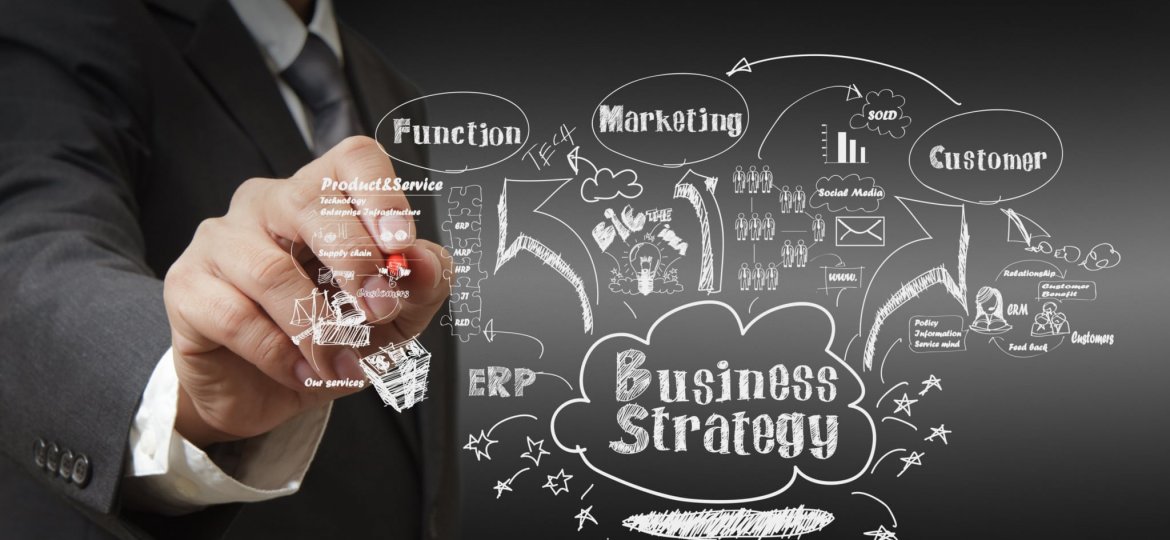
There are many different interpretations of what a strategy is and use of the word strategic seems to be creeping into everyday language at the rate that almost everything we do can be described as strategic.
What Is Strategy?
I had good reason to explore the question of ‘what is strategy’ when I was responsible for the CIO Strategy Office at Intel. The same question was being asked at the top levels of Intel with hiring of a chief strategist for the company. Recognizing I did not have a good understanding, I reached out to a number of colleagues and one of the best strategists I know, Nir Maor set me on a good path. A strategy is about making decisions, what to do and what not to do.
My next insight came during a Decision Quality class where I learned the importance of assessing how the future will unfold and how that shapes possible actions to achieve our desired goal. This was a breakthrough. Until that time I looked at a strategy as a single plan of action to achieve my goal. Simply stated, understand where I am now, define the goal state and map the path to get there. I find this is a very common and limited interpretation of a strategy.
A New Way of Thinking
The Decision Quality class helped me generate a new interpretation including the following insights:
- Our view of the future is shaped by our assumptions and beliefs. It cannot be described factually because the future is unknown.
- A goal is shaped by what we know now and how we think the future will unfold.
- There are many different paths to achieve the same end state
Putting these insights together, strategy is the process of:
- Assessing how we think the future will unfold
- Assessing the various paths to achieve the goal based on our assumptions and beliefs of the future
- Choosing the path that best fits how we see the future unfolding
It can be argued, we now have a plan and thus a plan is a strategy. That is true except a strategy in my definition has a lot more value to offer than a single plan. As described above, nobody can reliably predict the future and it will play out differently that we planned. Because we assessed multiple paths to our goal including how they aligned with our assumptions of the future, we now have the opportunity to choose a different plan depending upon how the future actually plays out.
Overcoming The Key Breakdown
This illustrates the key breakdown in most strategic planning today. Strategic planning is considered as a single event generating a single plan of action the organization follows doggedly regardless how the future plays out. Sometimes it works out ok, most often it becomes ineffective or worse still irrelevant. In contrast, effective strategic planning involves periodically assessing how the future is playing out, and determining if there is a gap to our view. If there is, we review the various alternatives to assess if there is a better path to achieve the goal, and updating our plans accordingly.
In summary, effective strategy recognizes the future is unknown. It provides a dynamic tool to stay aligned with reality and adjust plans as needed to follow the most effective path to the goal.
What kind of strategy do you have? What assumptions have you made about how the future will unfold? Do you have alternative plans to turn to when the future surprises you?

